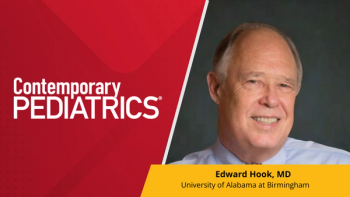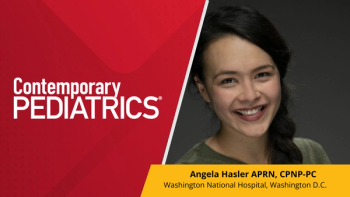
Sleep apnea-different, dangerous animal in children
Pediatric sleep apnea differs from adult sleep apnea in its presentation, and may be incorrectly diagnosed as attention deficit hyperactivity disorder, says a researcher and pediatric otolaryngologist.
Presenting data recently in Toronto, Ont., at the annual meeting of the American Academy of Otolaryngology-Head and Neck Surgery Foundation, Ron Mitchell, MD, a pediatric otolaryngologist at Cardinal Glennon Children's Hospital and professor of otolaryngology at Saint Louis University School of Medicine in St. Louis, Mo., said that most adults who have sleep apnea are overweight while most children who suffer from sleep apnea are of normal weight.
"Adults may find that they fall asleep behind the wheel or fall asleep at a board meeting in the afternoon," said Dr. Mitchell. "Children actually become hyperactive and can't sit still and focus while they are in school. They may even be aggressive. It can affect their school performance negatively. They may be diagnosed with ADHD and be prescribed a drug like Ritalin."
"They suffer from an enlargement of their tonsils or adenoids, and this is making it difficult for air to flow through their airways," explained Dr. Mitchell. "After surgery, they usually no longer have sleep apnea."
Results of a prospective study that Dr. Mitchell published in Otolaryngology Head and Neck Surgery of 23 children with obstructive sleep apnea syndrome who underwent adenotonsillectomy showed significant difference from their preoperative scores on their Behavior Assessment System for Children (BASC) and their postoperative scores, with a decrease in aggression, depression, and hyperactivity after six months, nine months, and 18 months. The differences between six months, nine months, and 18 months were not statistically significant.
In obese children, corrective surgery does not usually cure the condition, he noted.
"Surgery is not necessarily the answer for obese children," said Dr. Mitchell. "Like obese adults who have the condition, weight loss will make a difference."
Both adults with sleep apnea and obese children with sleep apnea should exercise regularly with the goal to lose weight and reduce compression in the airways, Dr. Mitchell recommended.
Newsletter
Access practical, evidence-based guidance to support better care for our youngest patients. Join our email list for the latest clinical updates.








